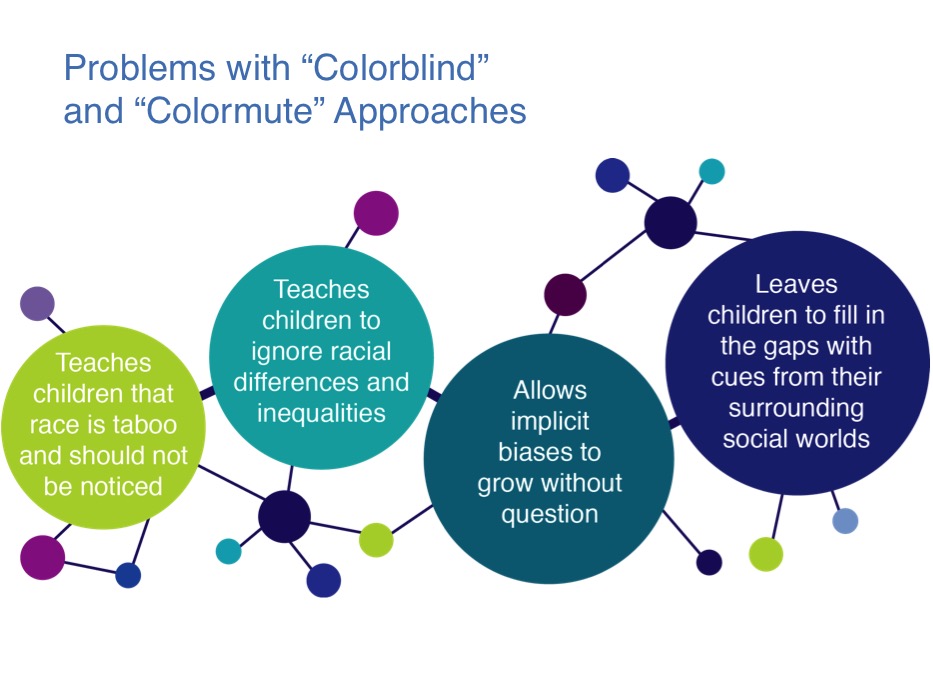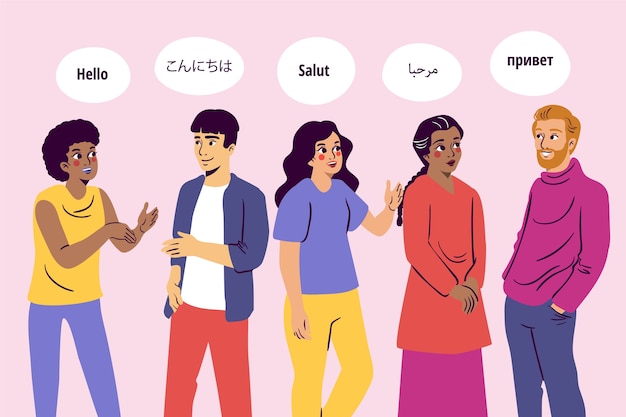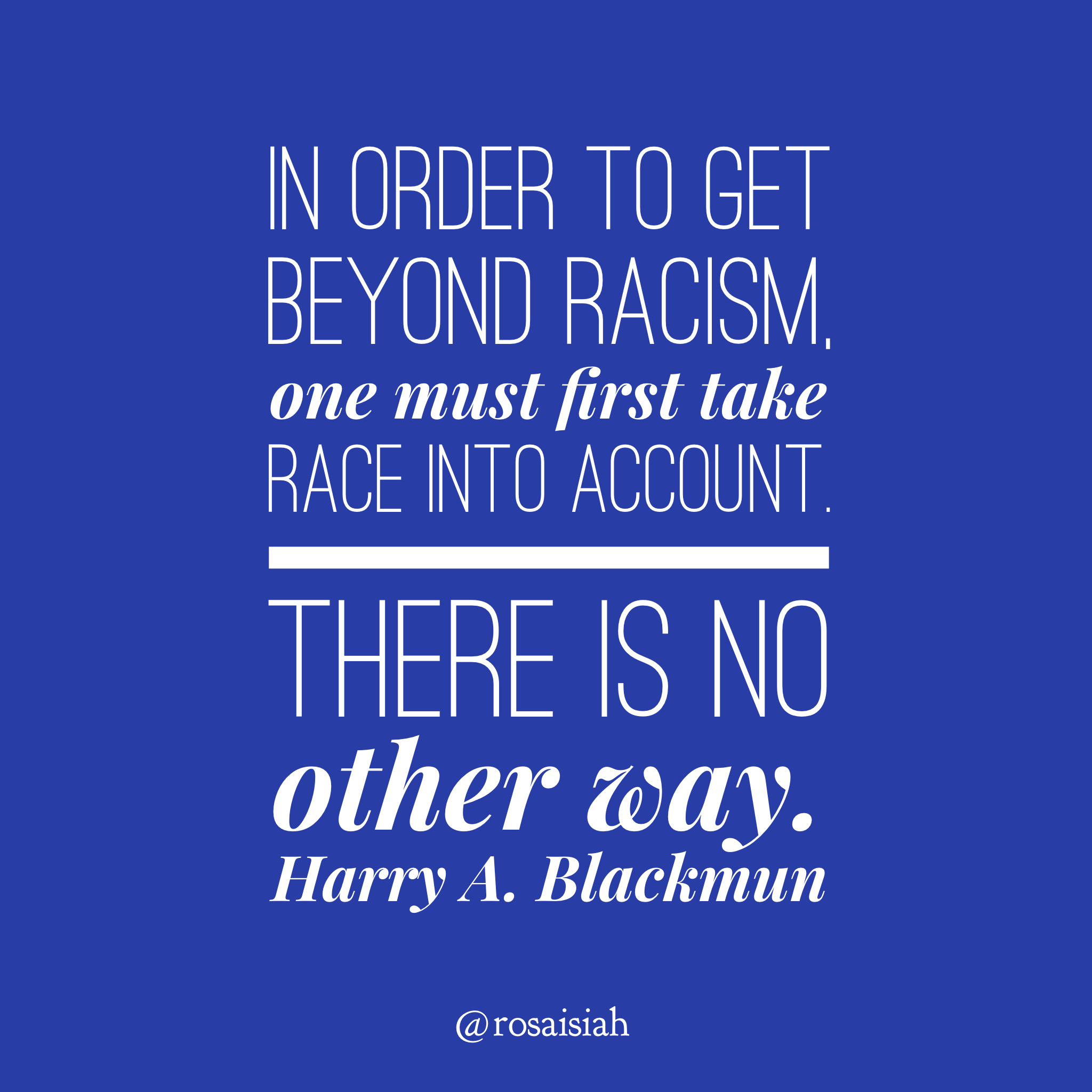The phrases “I’m colorblind”, “I don’t see race”, “I don’t see color”, and “I don’t care if your black, purple, white, red, or yellow”, are heard frequently nowadays, and usually from well meaning people, but many people don’t know that saying things like this usually does the opposite of what they intend. Color blindness is an ideology that upholds that race does not exist anymore and nor does it affect a person’s life or opportunities within a society. While many people believe that this could be the solution to end racism, all it truly serves to do is sweep racism under the rug, which then allows it to quietly flourish. When these phrases are said it is usually to dismiss the topic of systematic racism and discrimination. It minimizes the experiences of racism that people of color go through as it insists that racism does not exist and our society is a meritocracy. To adopt the ideology of colorblindness is also a privilege and a luxury, because while some people can choose to not see race, others are forced to see it, even from a young age.

Eduardo Bonilla-Silva, an Afro Puerto Rican sociologist, focuses his work on the colorblind ideology and the problems that come with it. He wrote the book Racism Without Racists: Colorblind Racism and the Persistence of Racial Inequality in the United States, in which he explains how despite the fact that we have made many advancements in the fight against racism, racism still widely exists, just it is now covert racism that is subtle, disguised and not obvious. Color blindness ignores systemic racism, the racism that you cannot physically see or hear. If we can’t see color, then we can’t understand it, and then we won’t be able to examine racism and bias that persist in our society.

Instead of color blindness we need to adopt multiculturalism. The ideology that race, cultures and ethnicities and their differences should be acknowledged. People are unique, and they want their individual differences, culture, and accomplishments to be recognized and not dismissed. There is nothing wrong with people’s cultural/racial differences. It benefits us to see and recognize that not every one person is the same. Acknowledging and accepting these differences is a step forward in fighting racism.

Like Martin Luther King we all wish for a world where people are not judged by their skin color but by the content of their character, but adopting color blindness is the end goal of ending racism, not the solution to it. To see that people do not judge based off of skin color and culture we have to accept and embrace the fact that skin color/cultural differences and racism exists.

I really appreciate you tackling this topic with your blog. I’m trying to find more ways to check my privilege, because I know there are so many people that have experienced things I will never fully be able to appreciate. The idea of “colorblindness” has always bothered me a bit even though many white people have told me it was “politically correct” and “the best way to combat racism.” I fully agree with what you say about how it doesn’t accurately address the problem, but instead dismisses bigger issues. I am really hoping to learn a lot from you through this blog and I look forward to reading your next post!